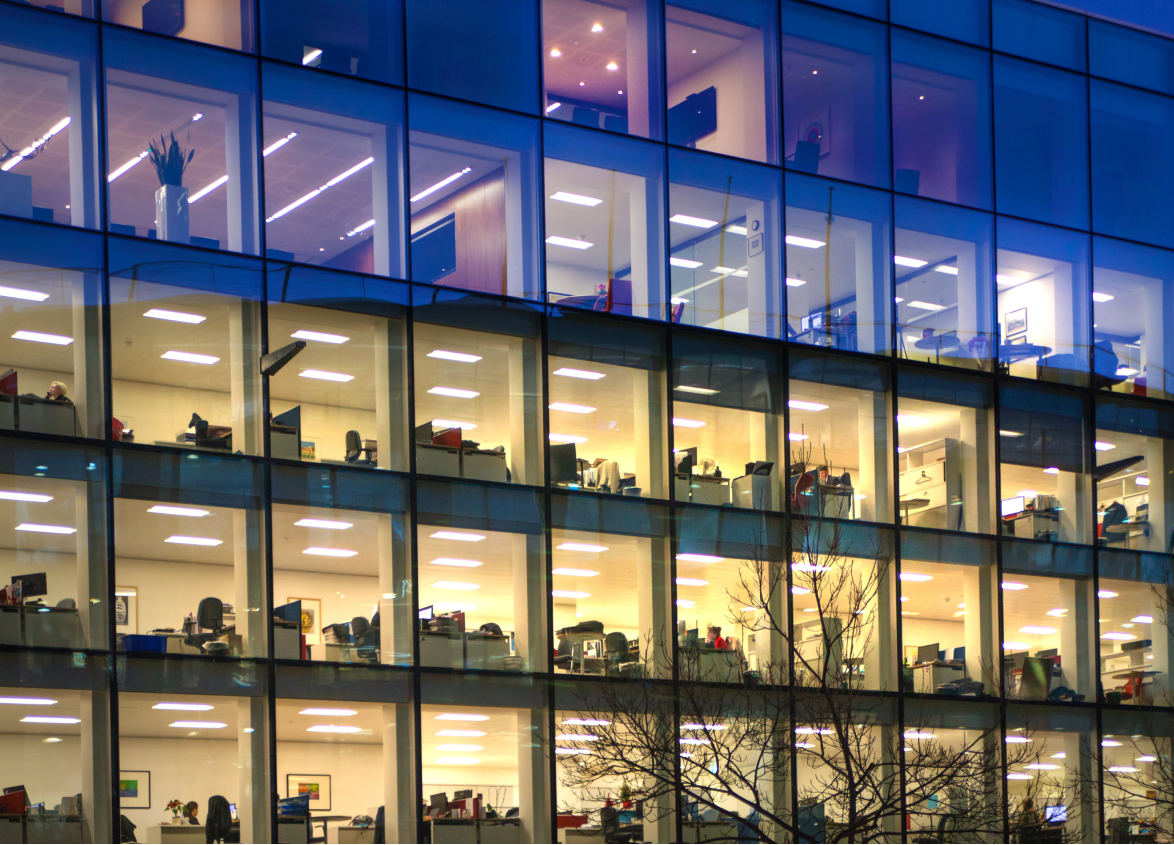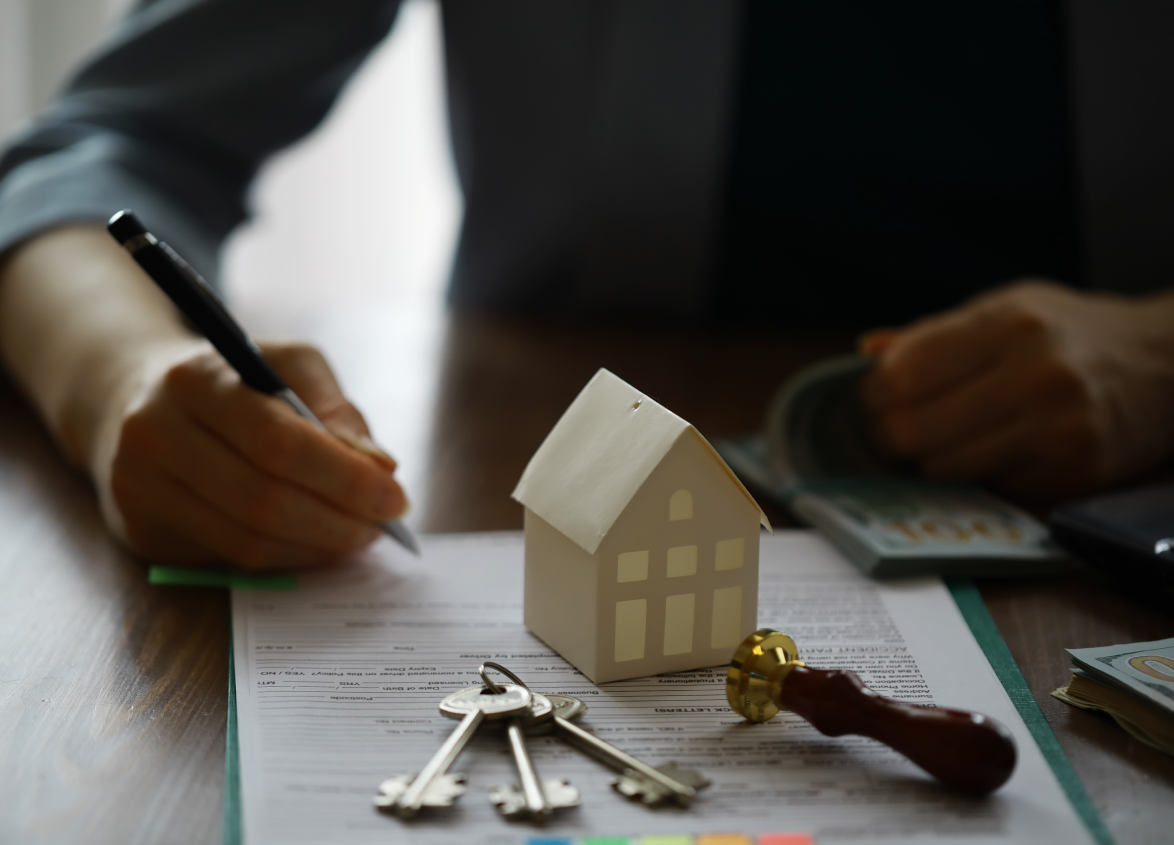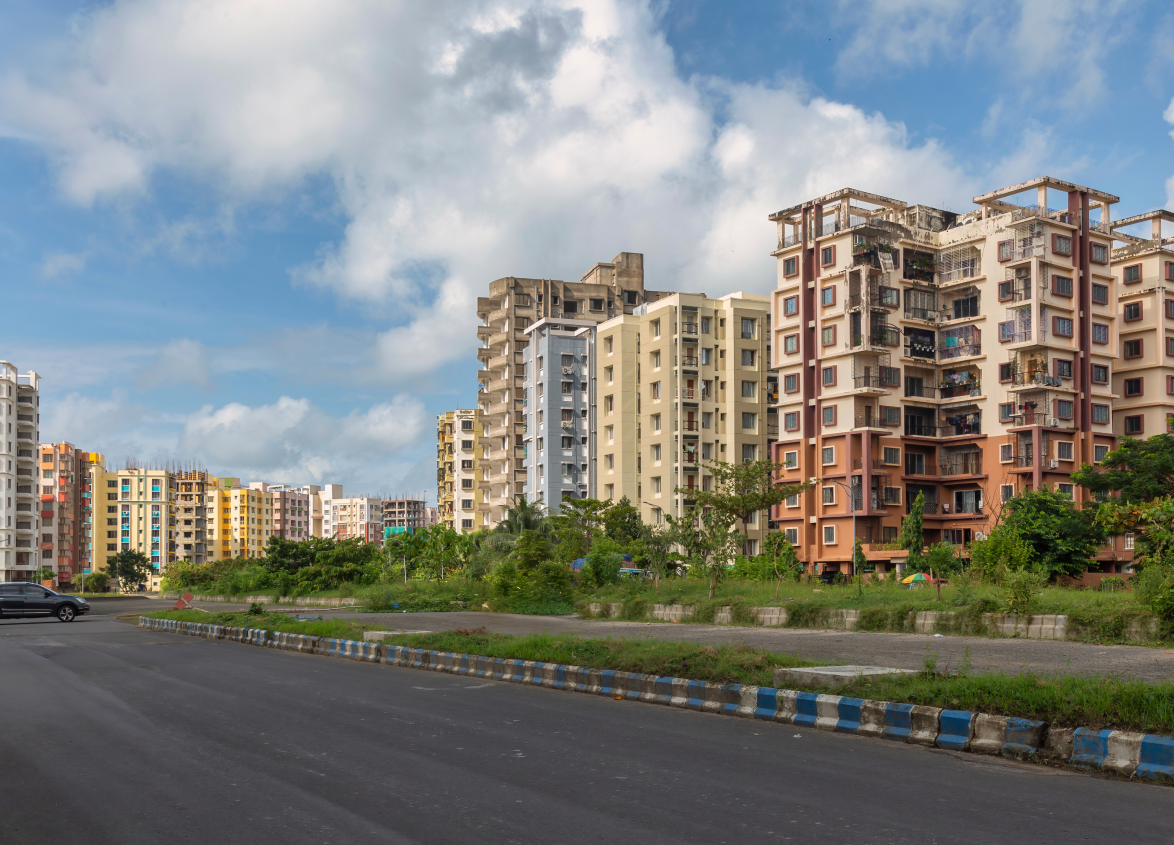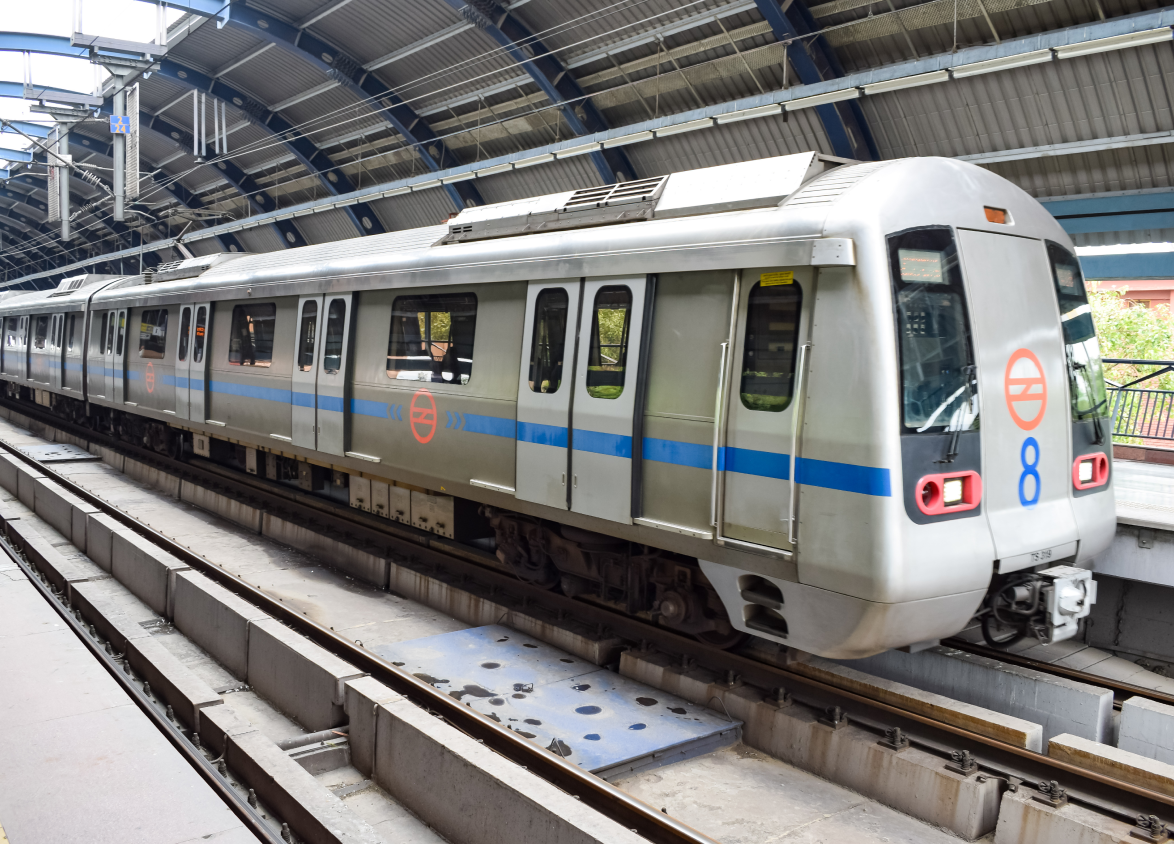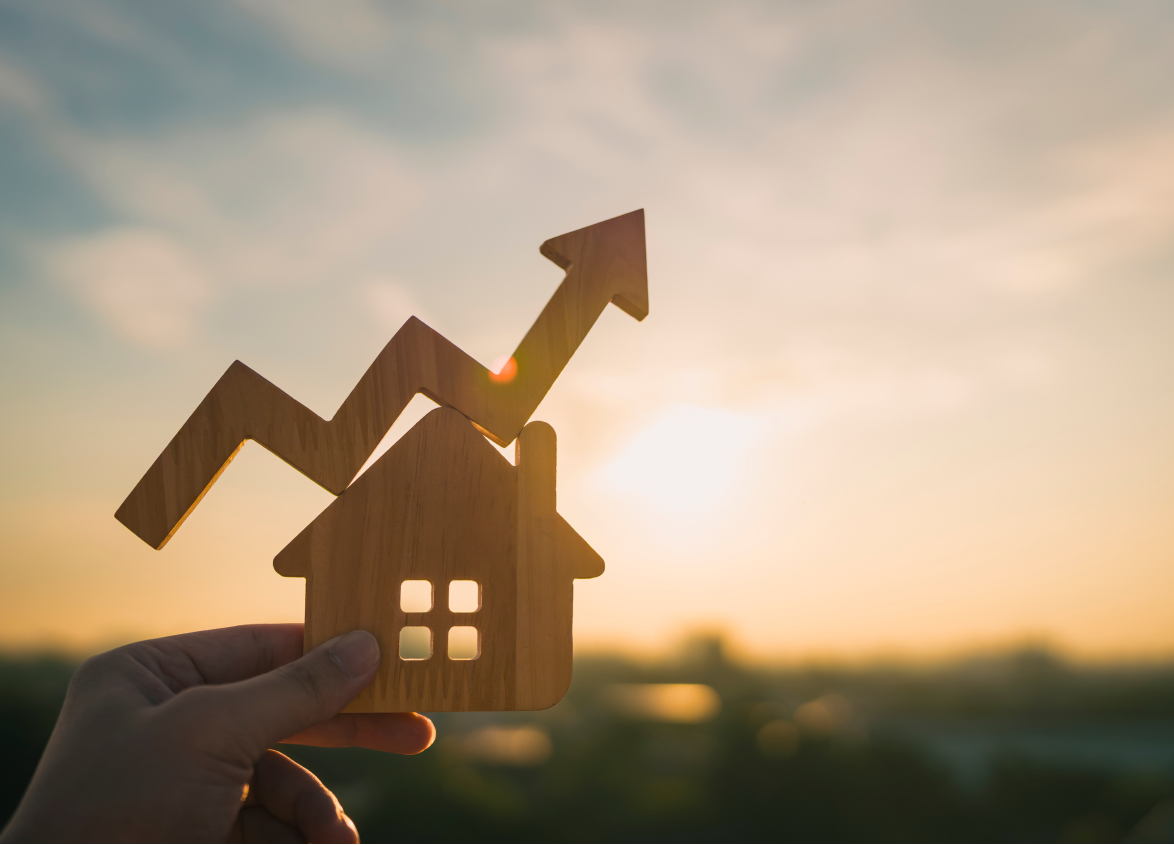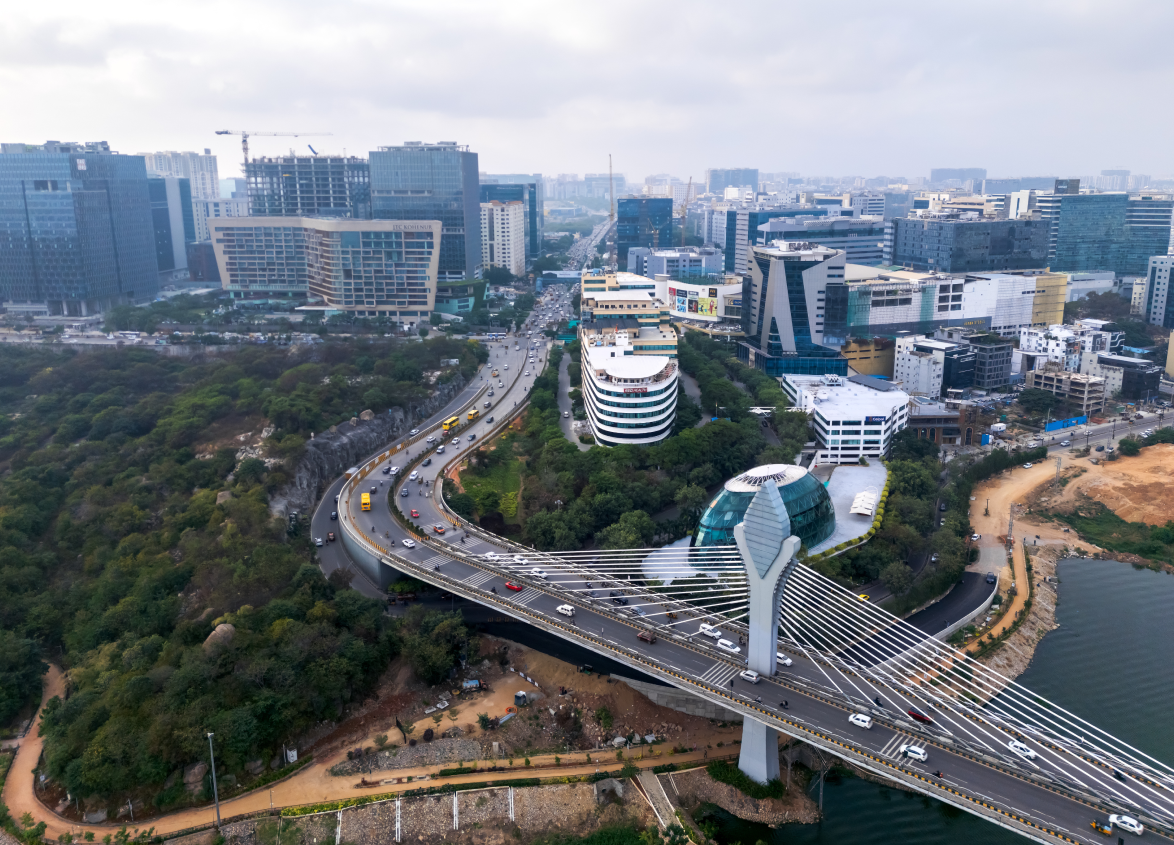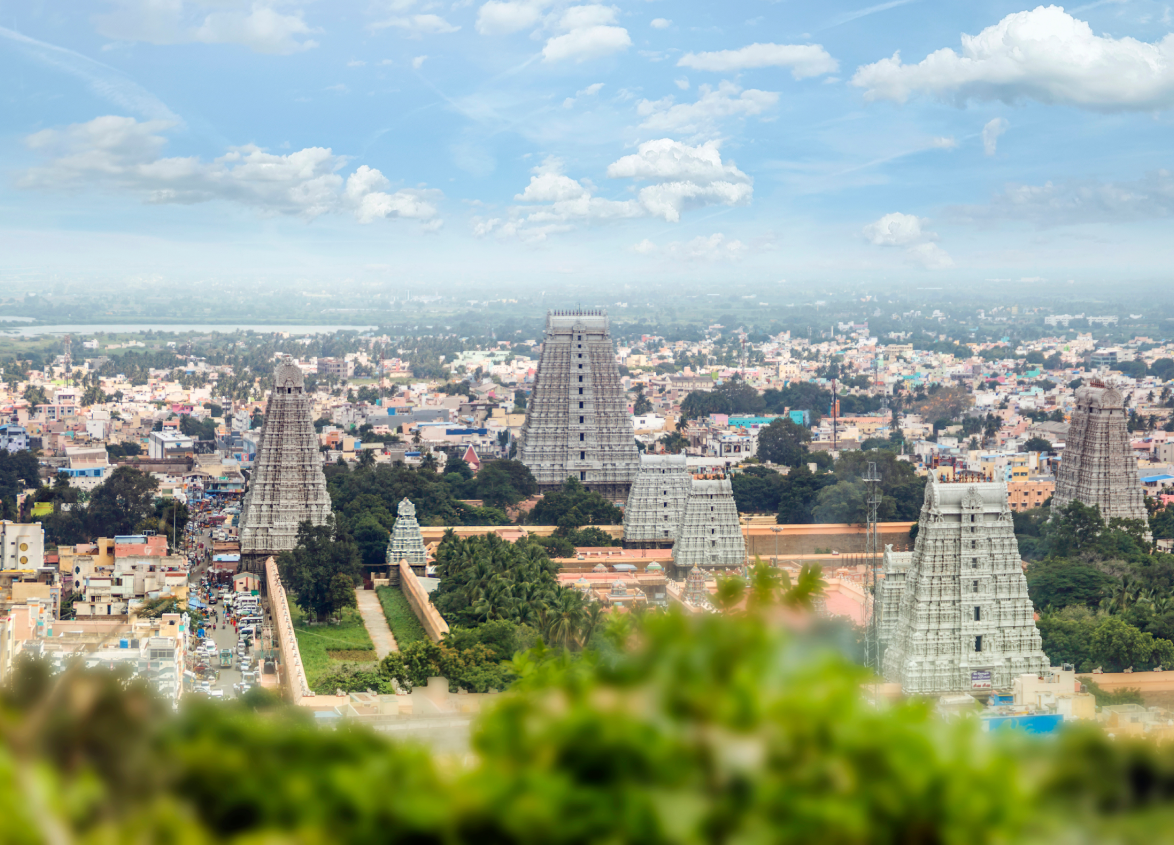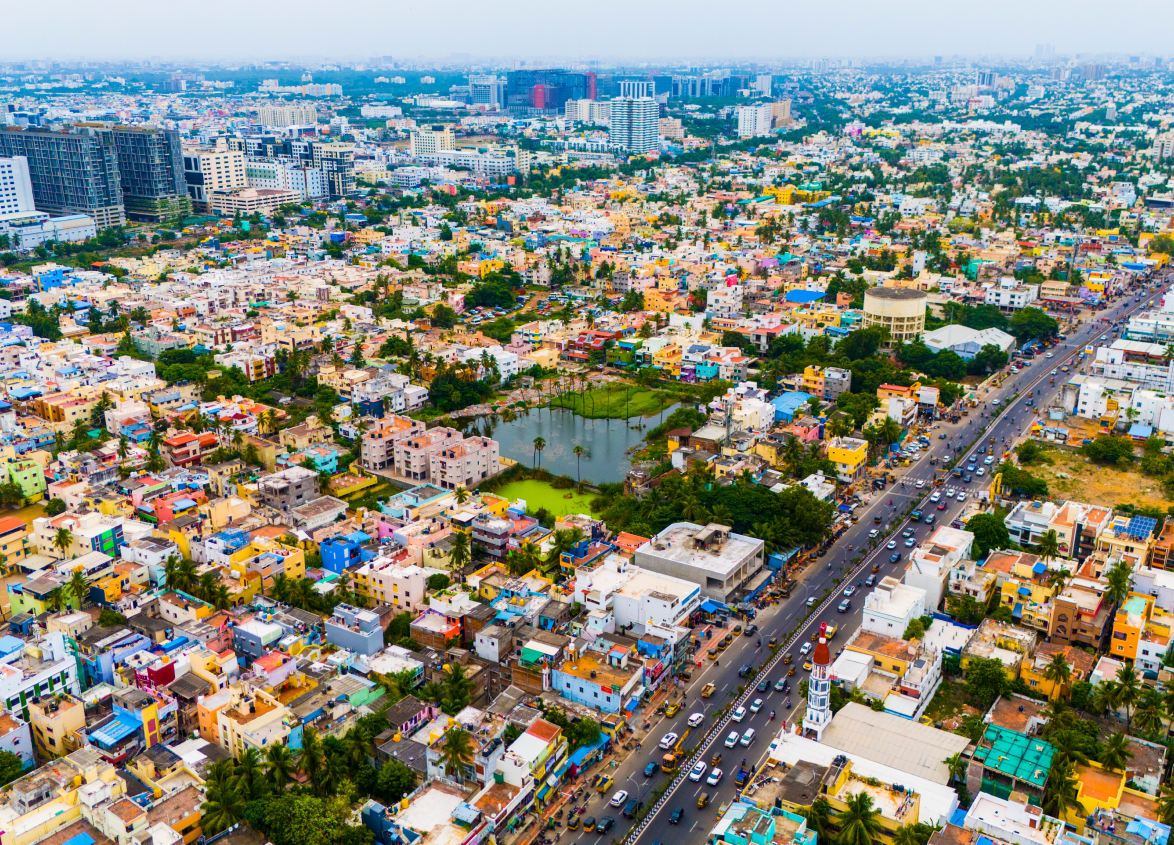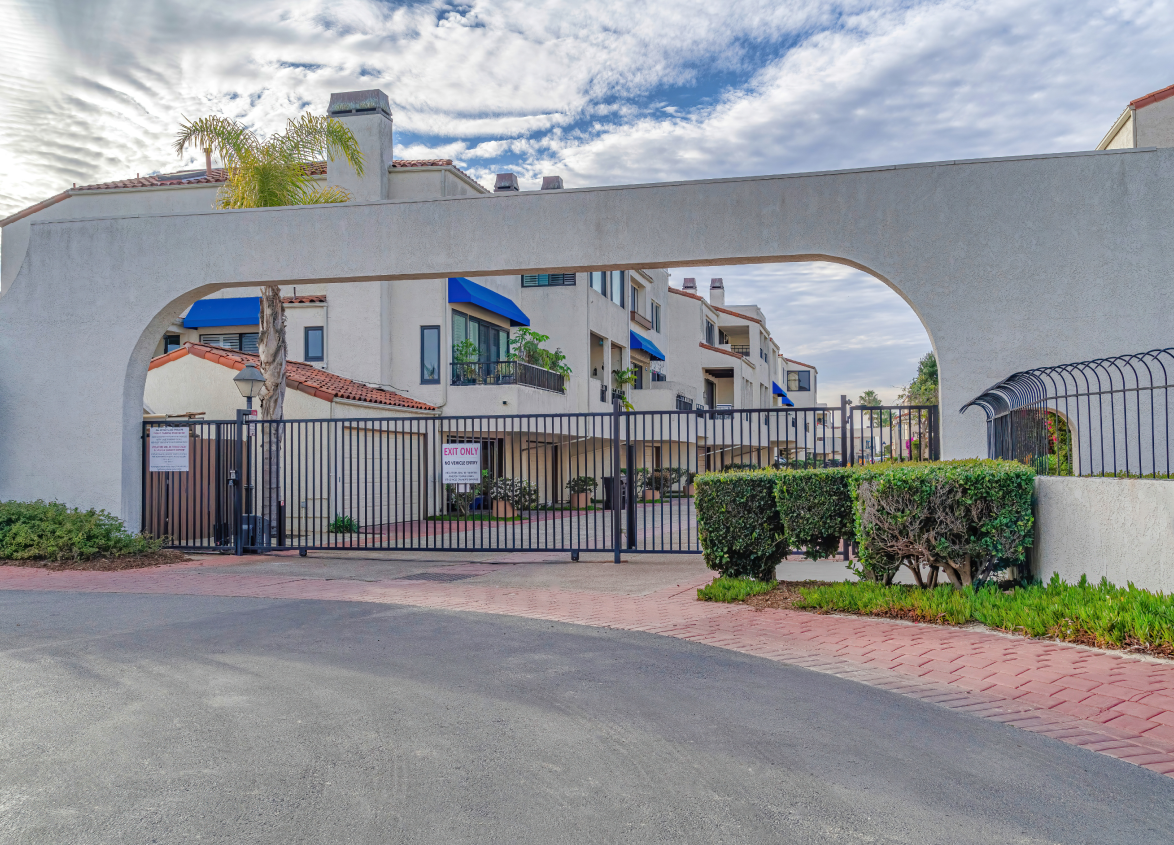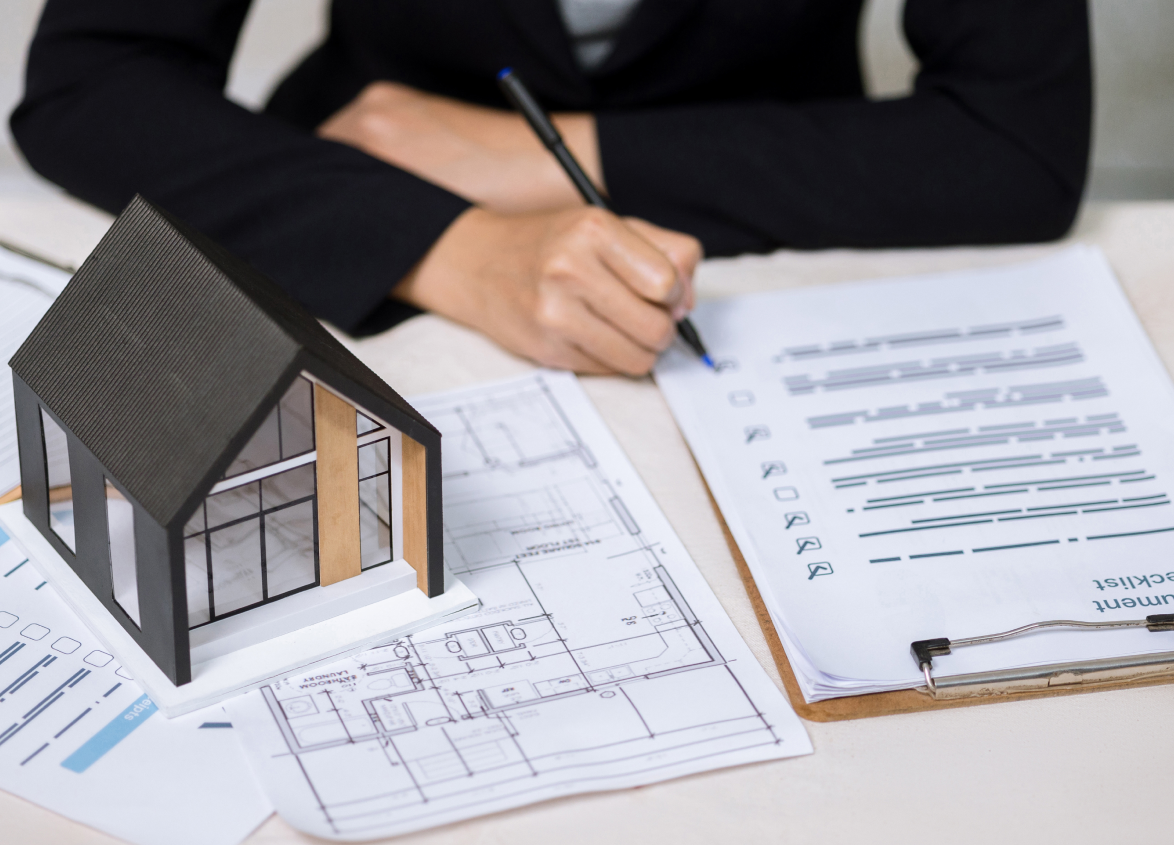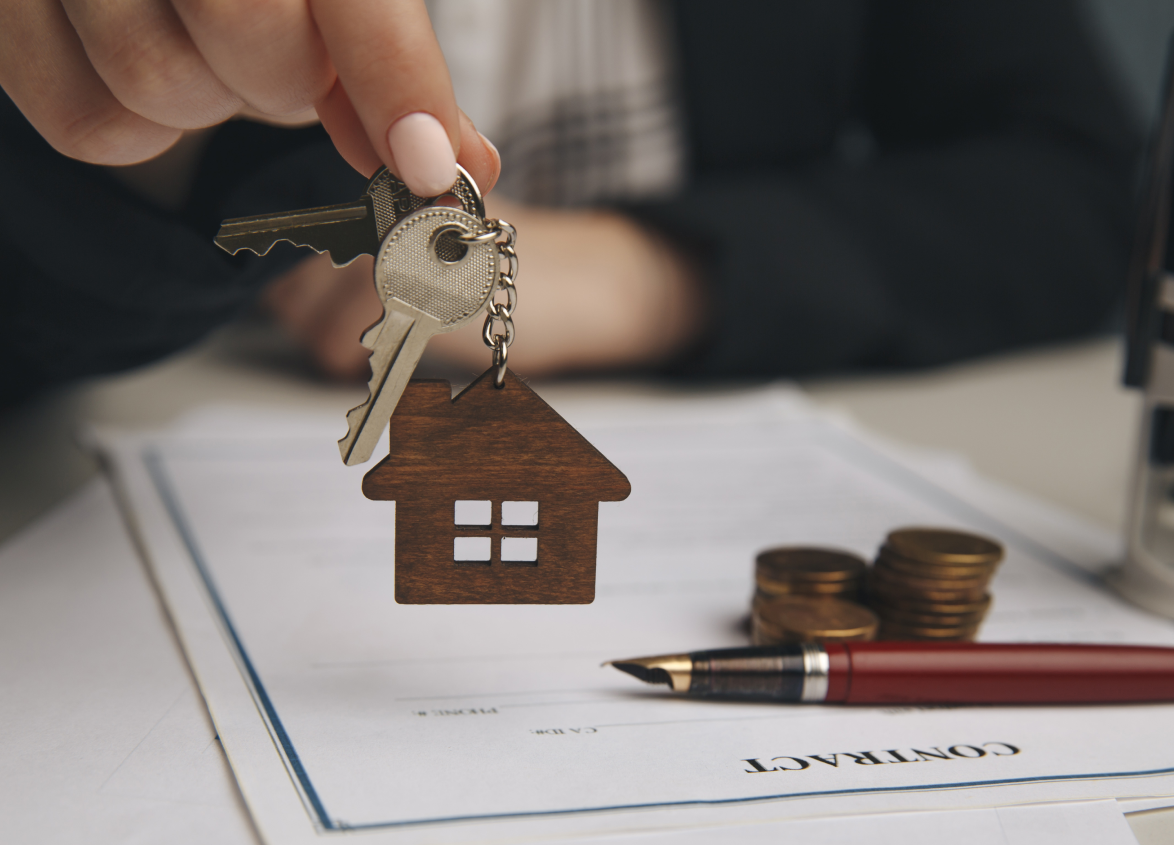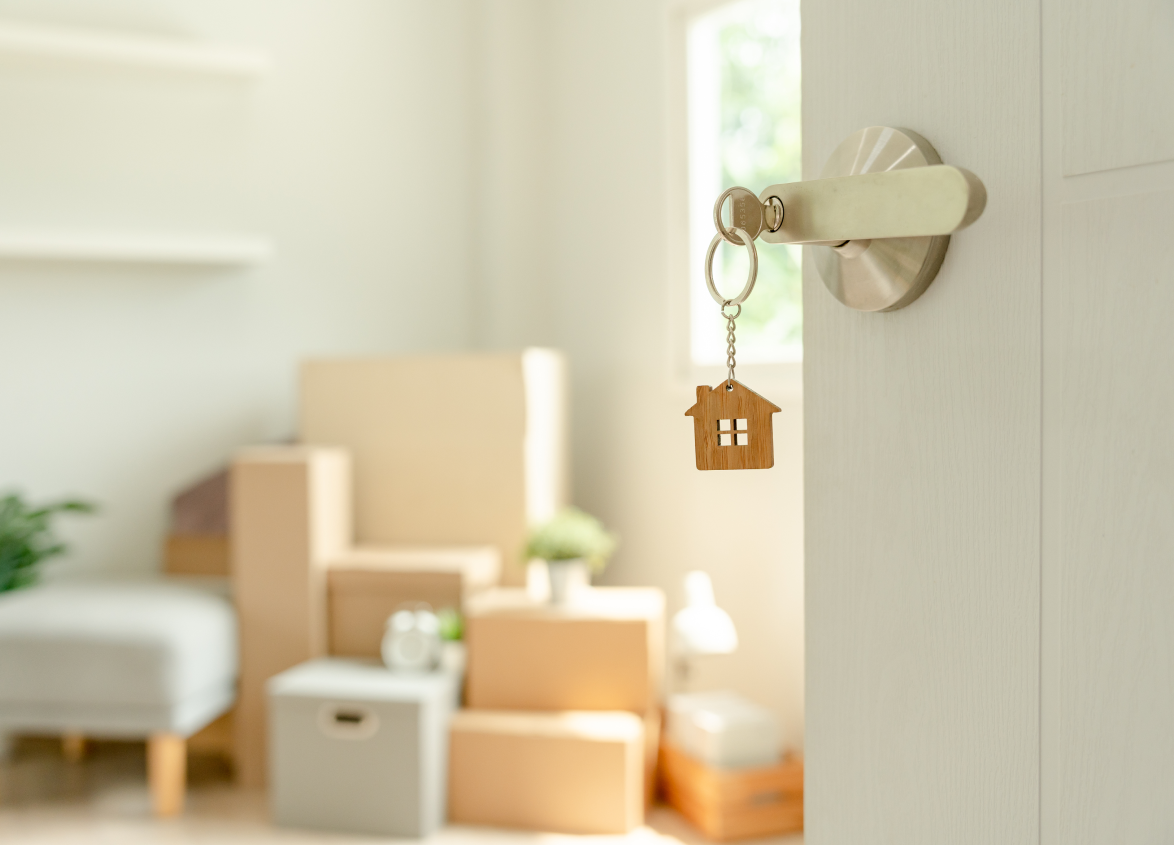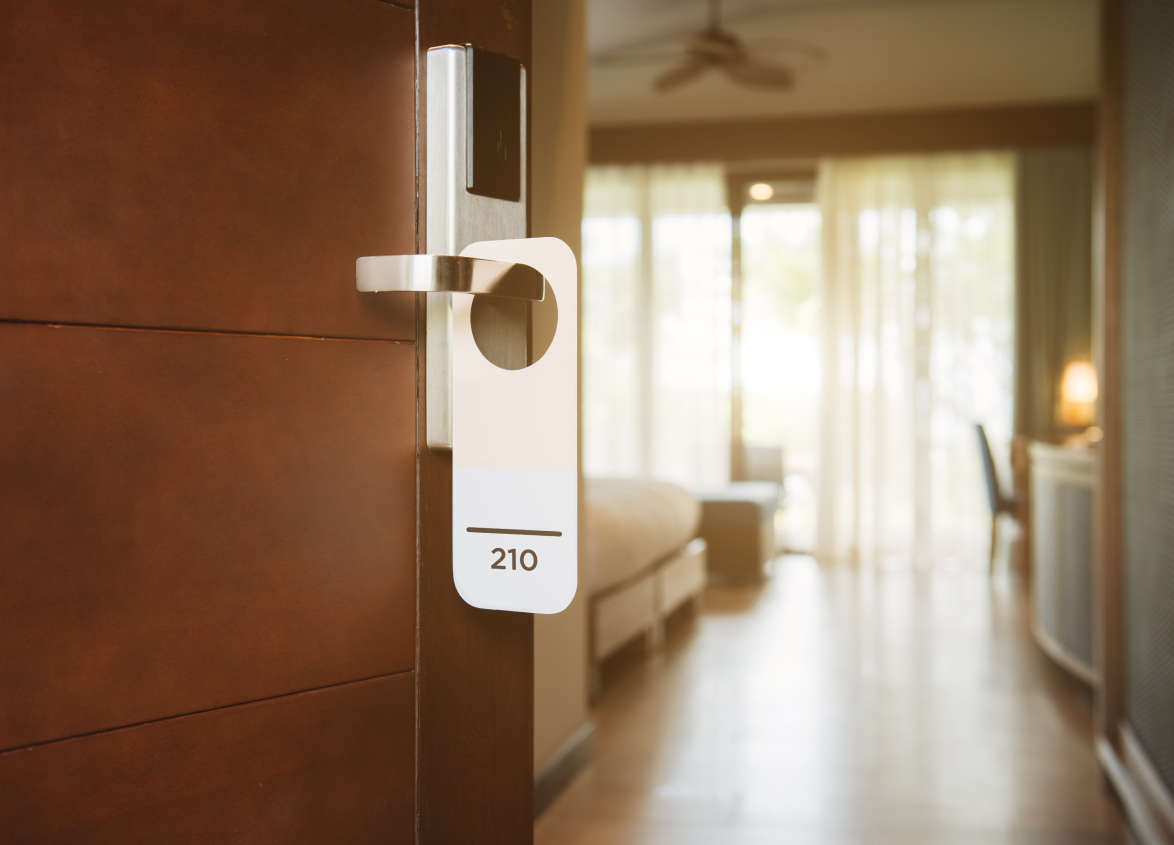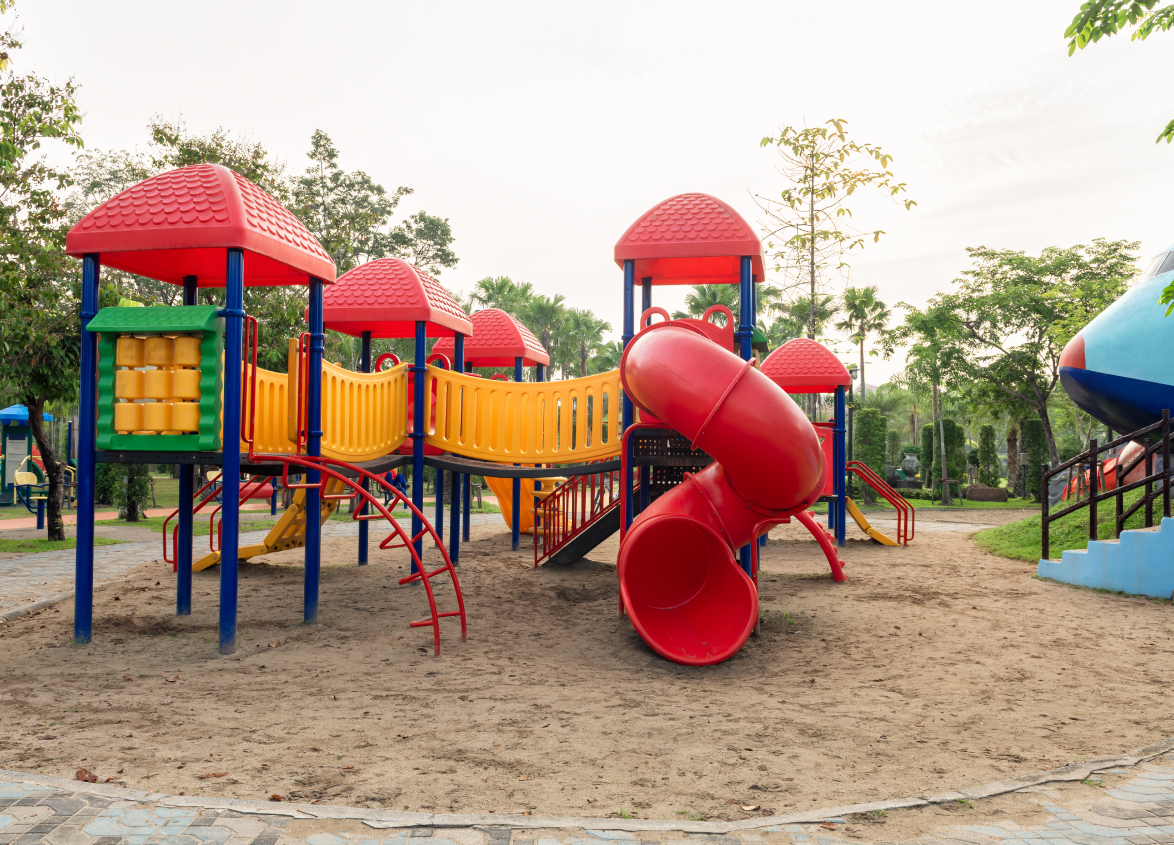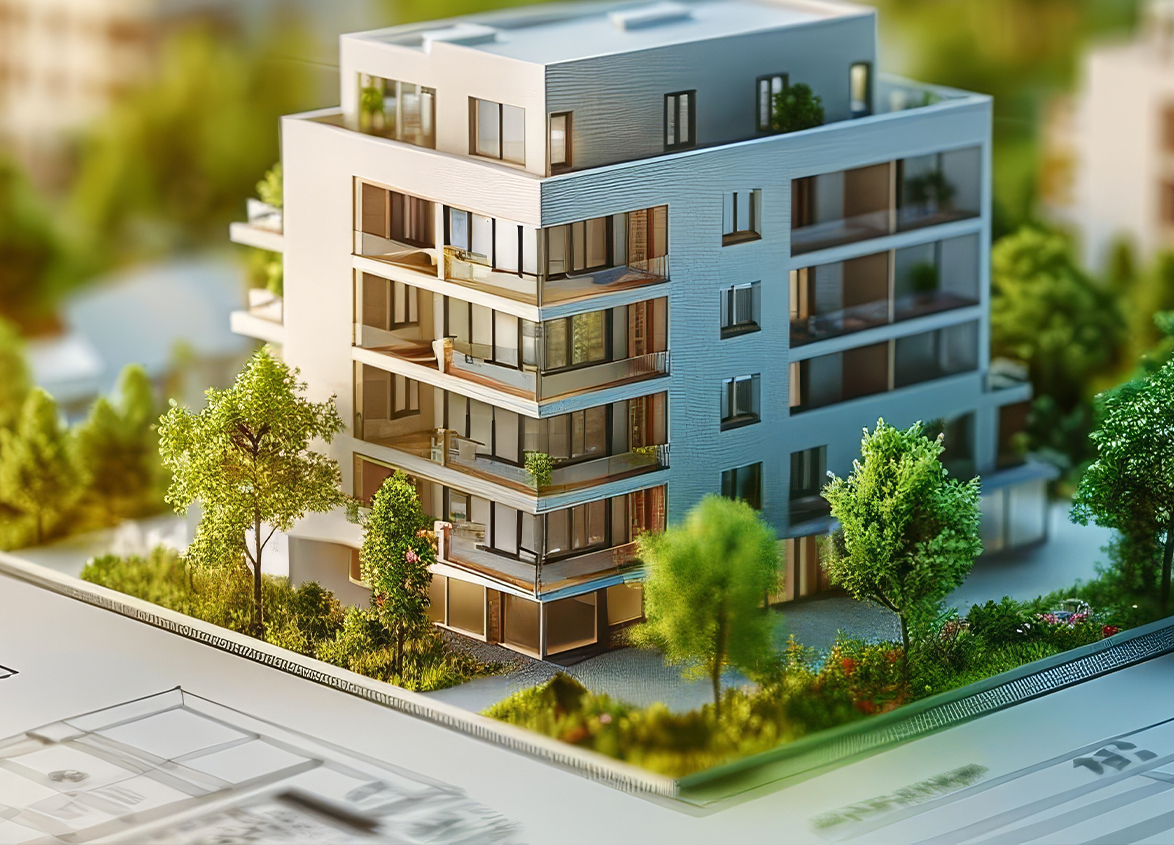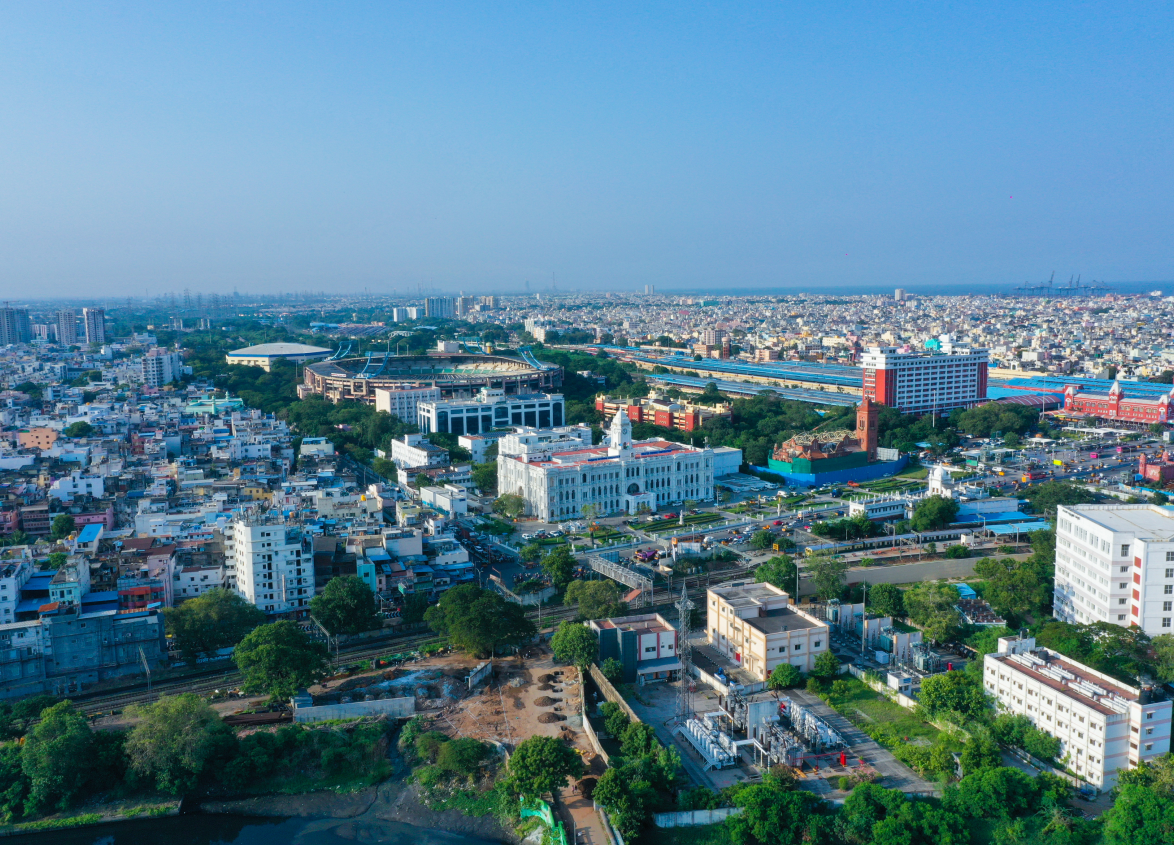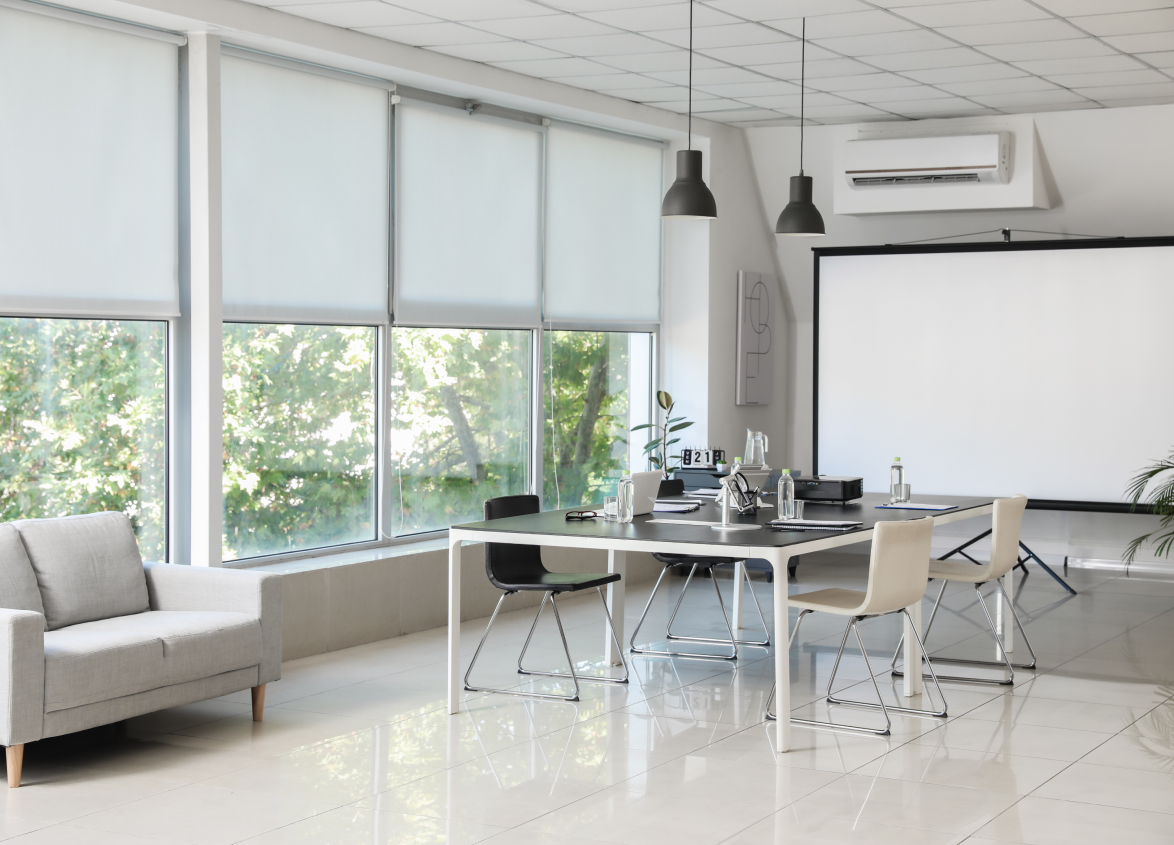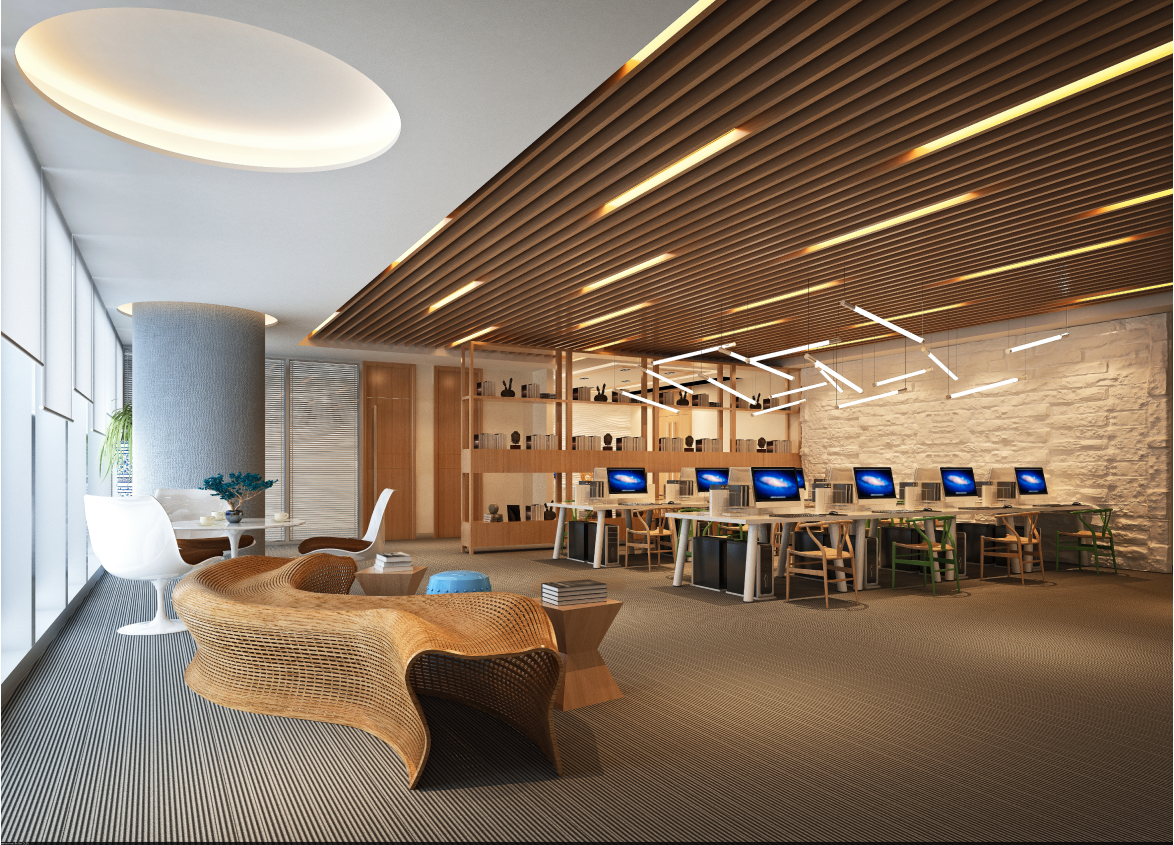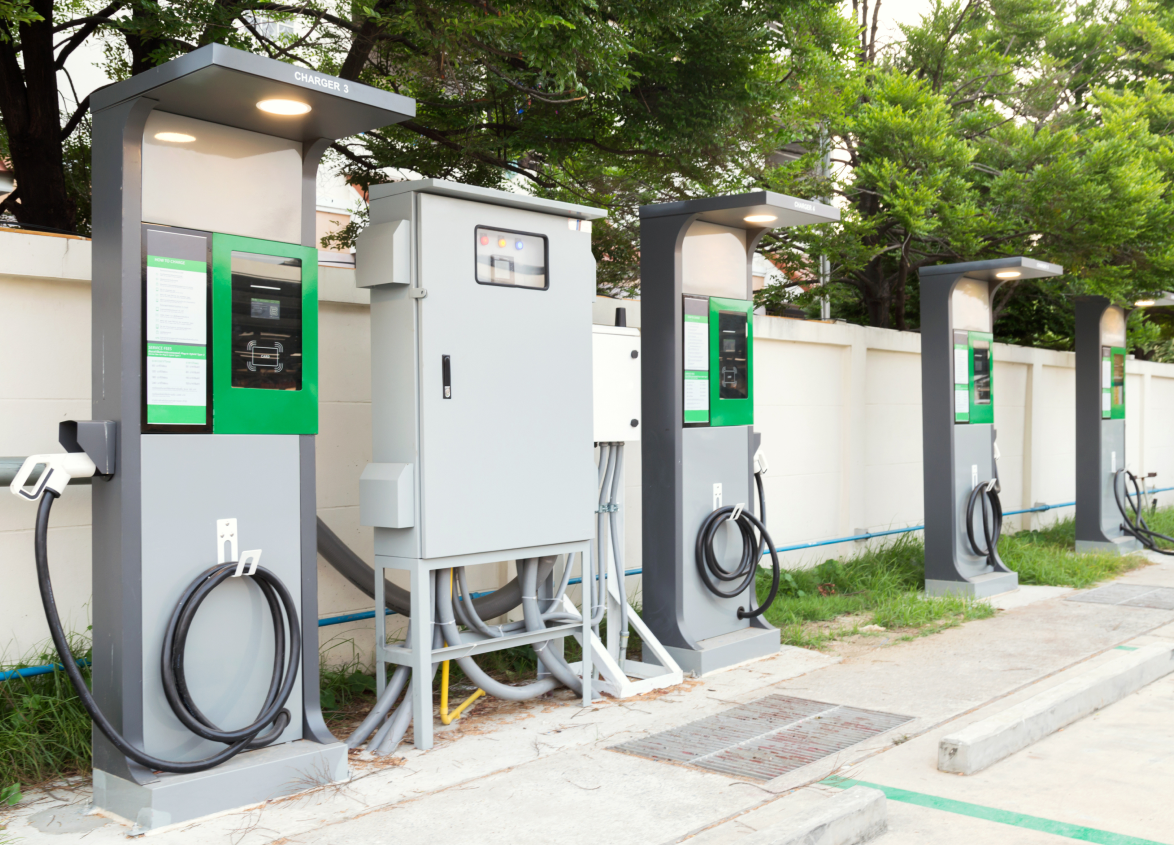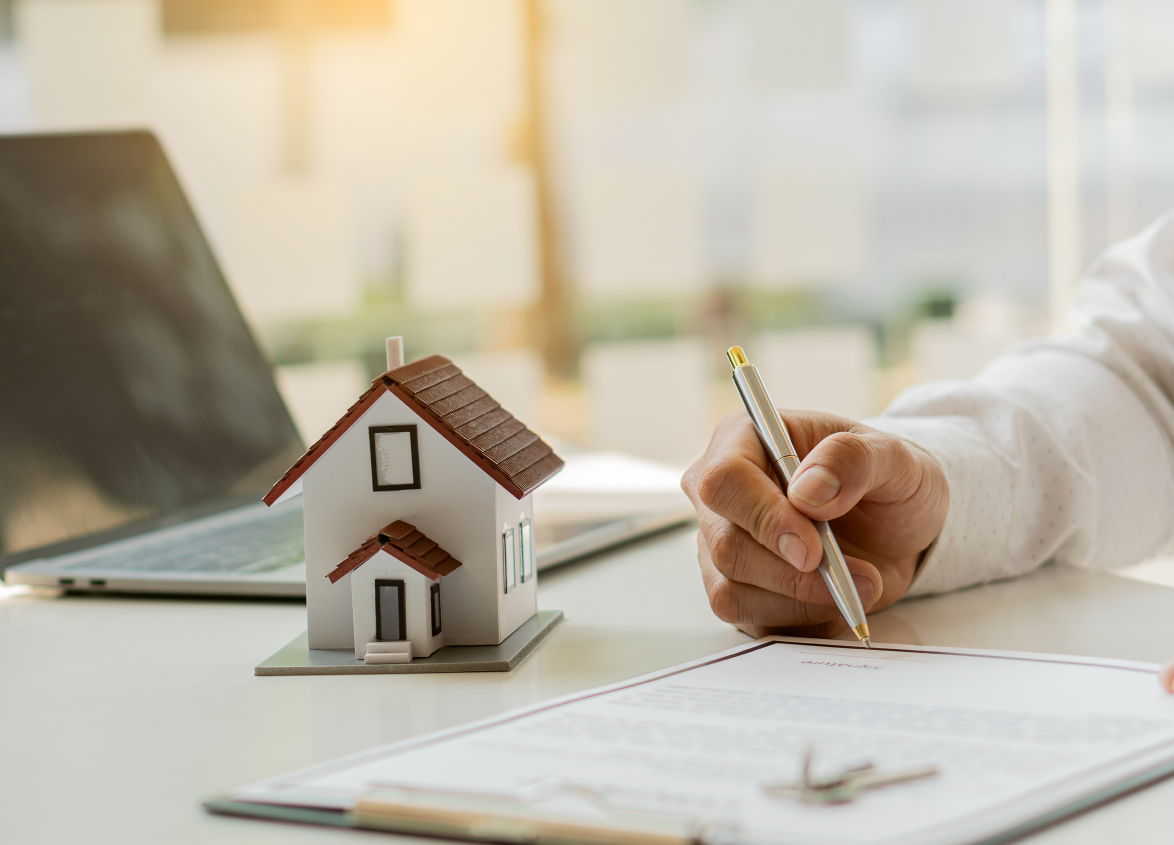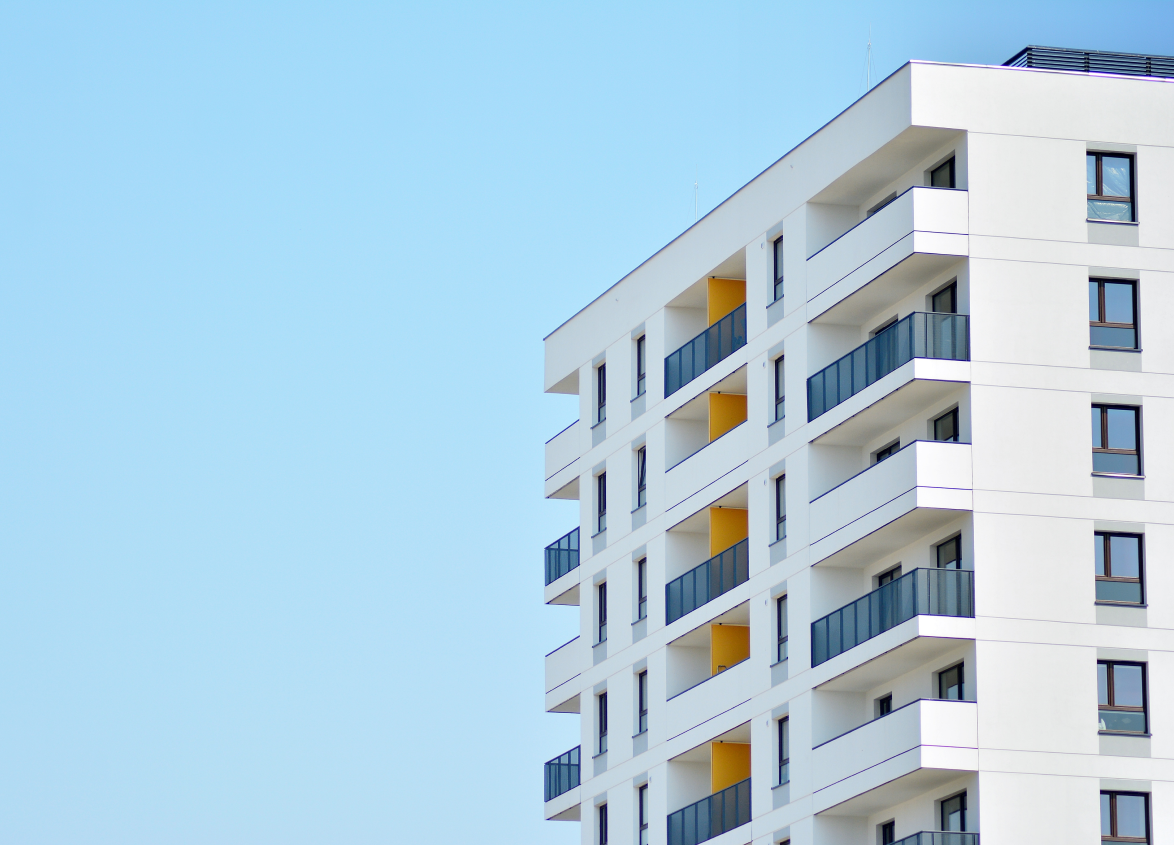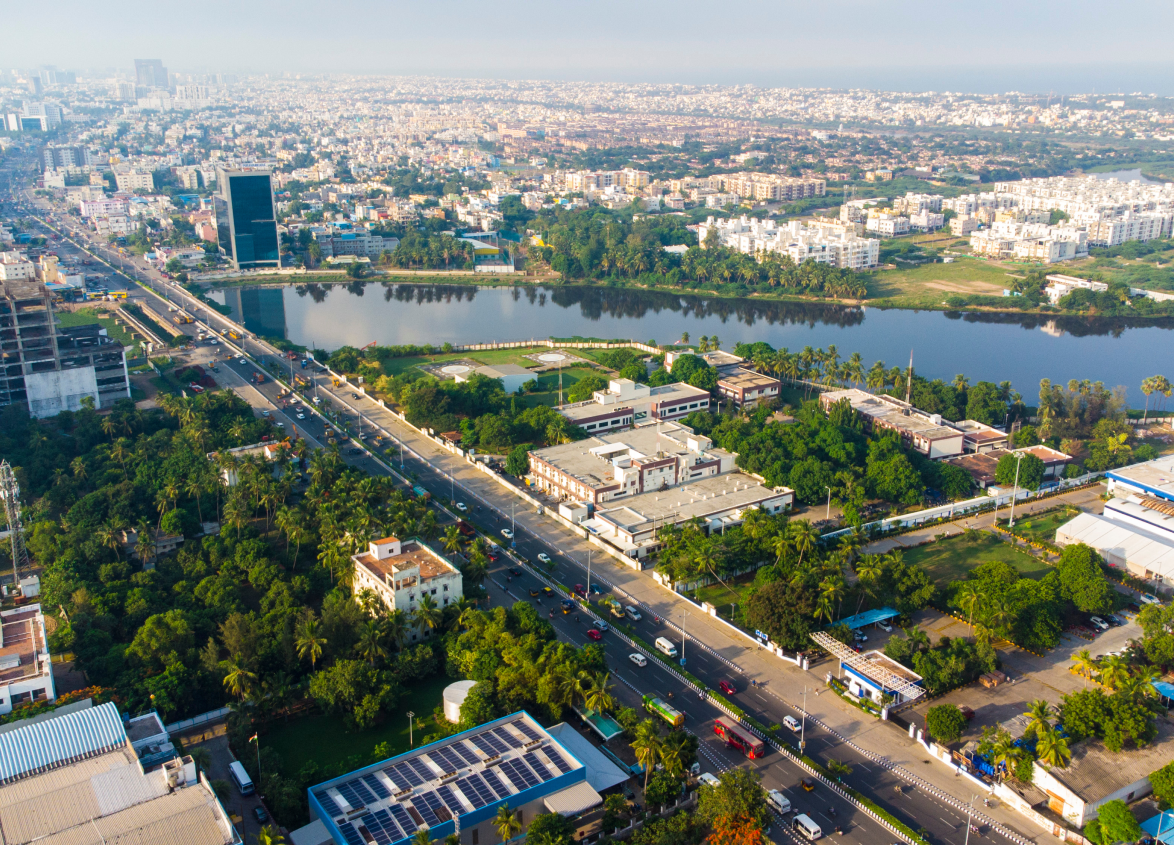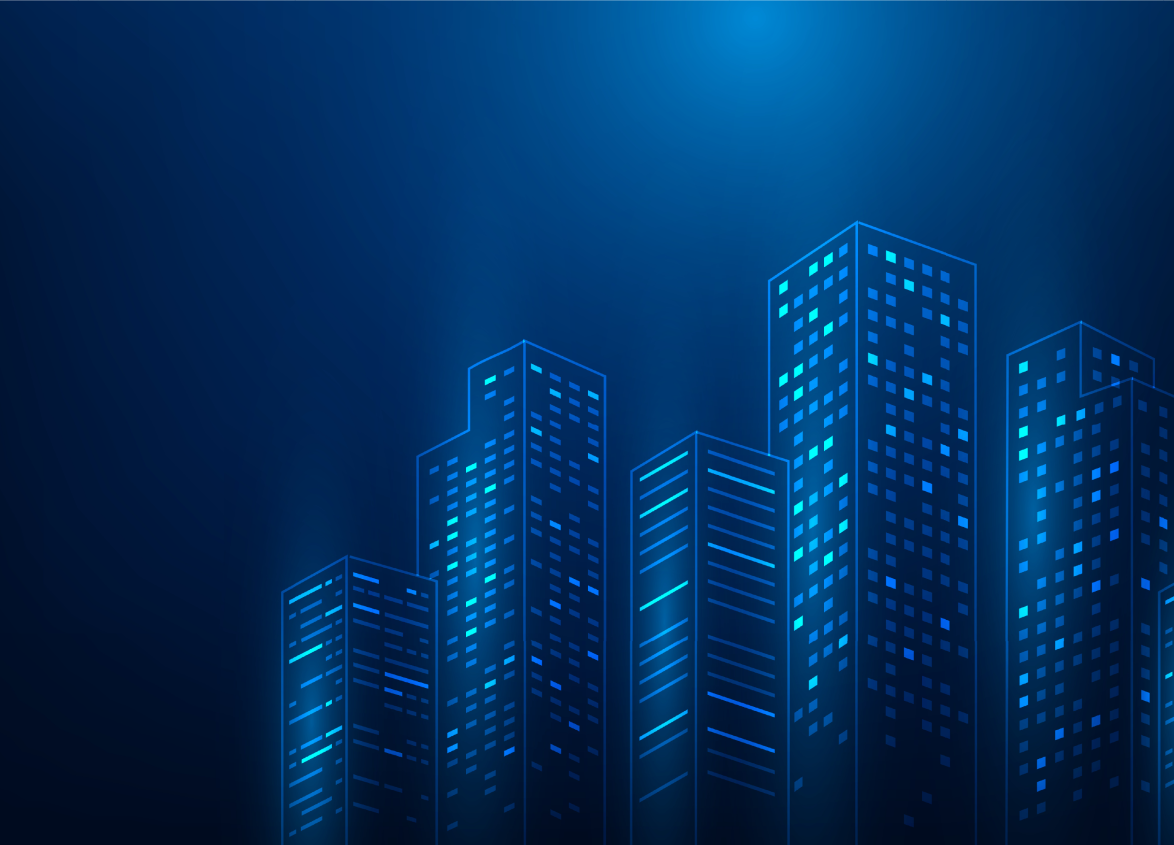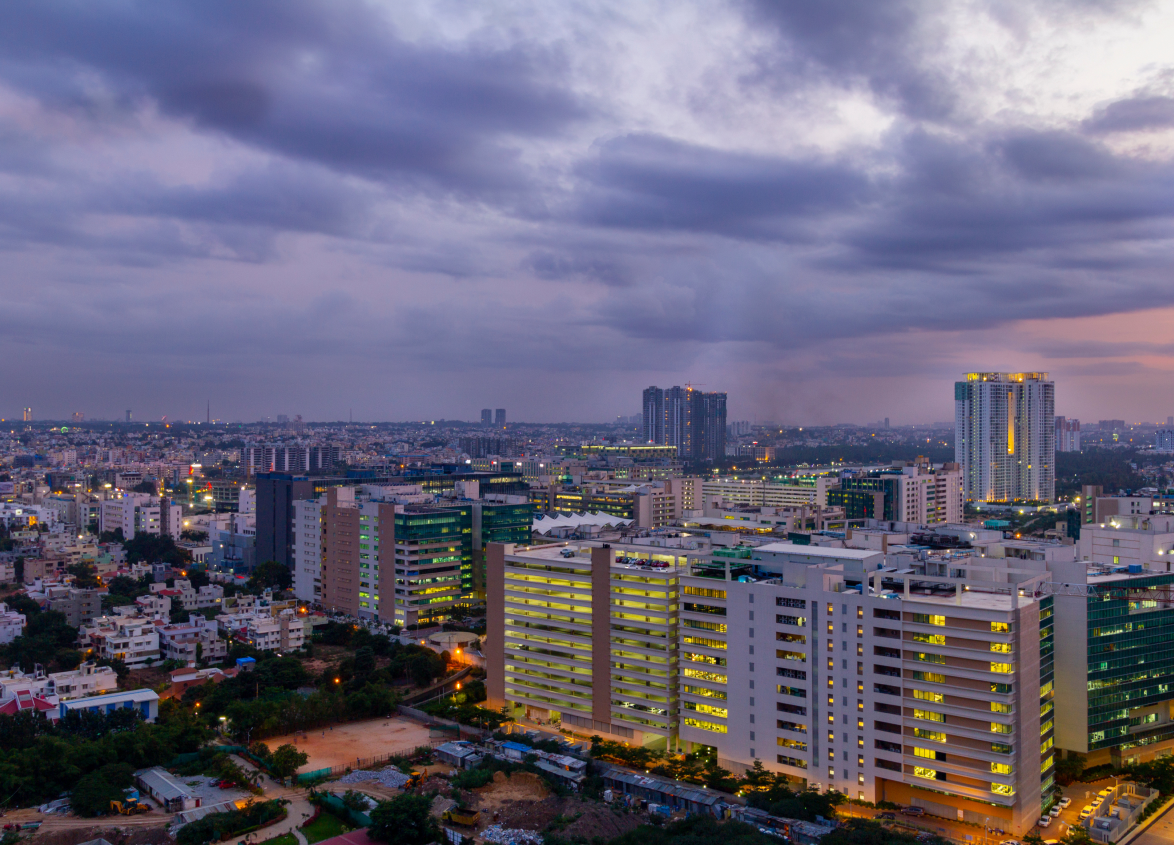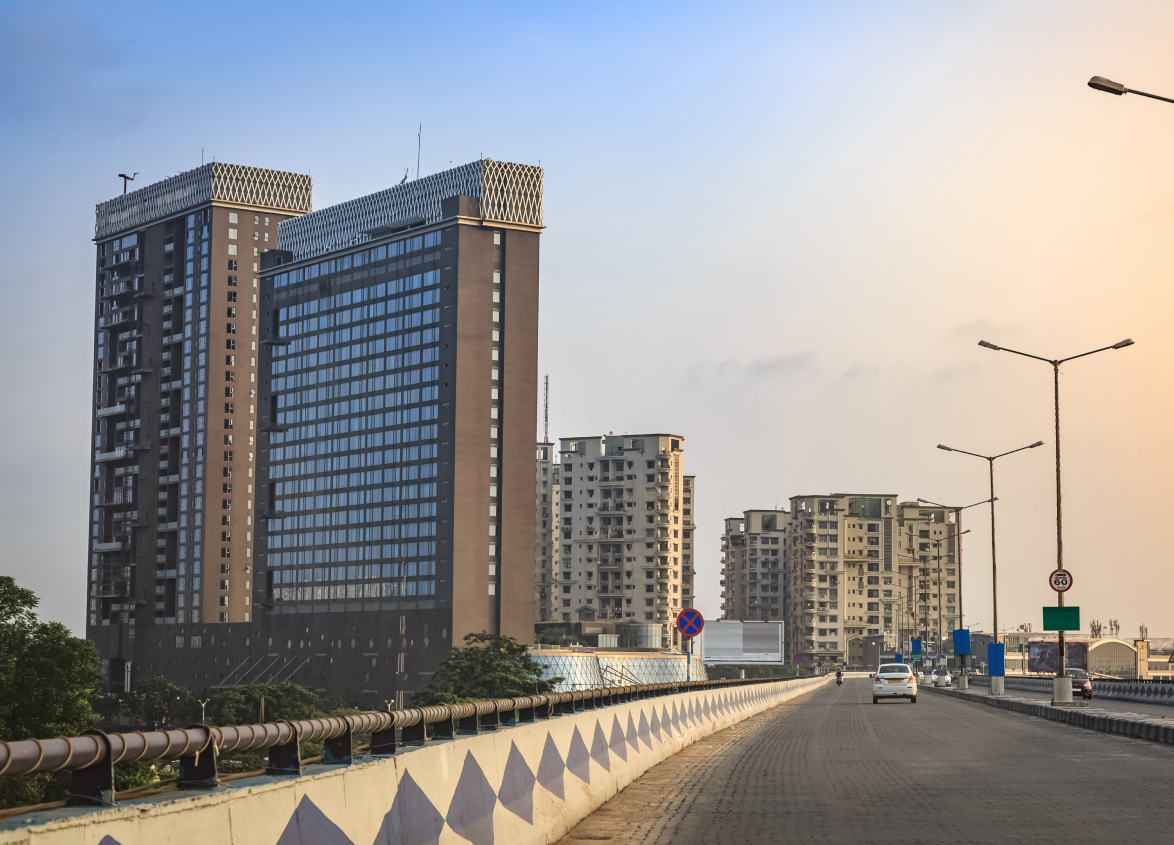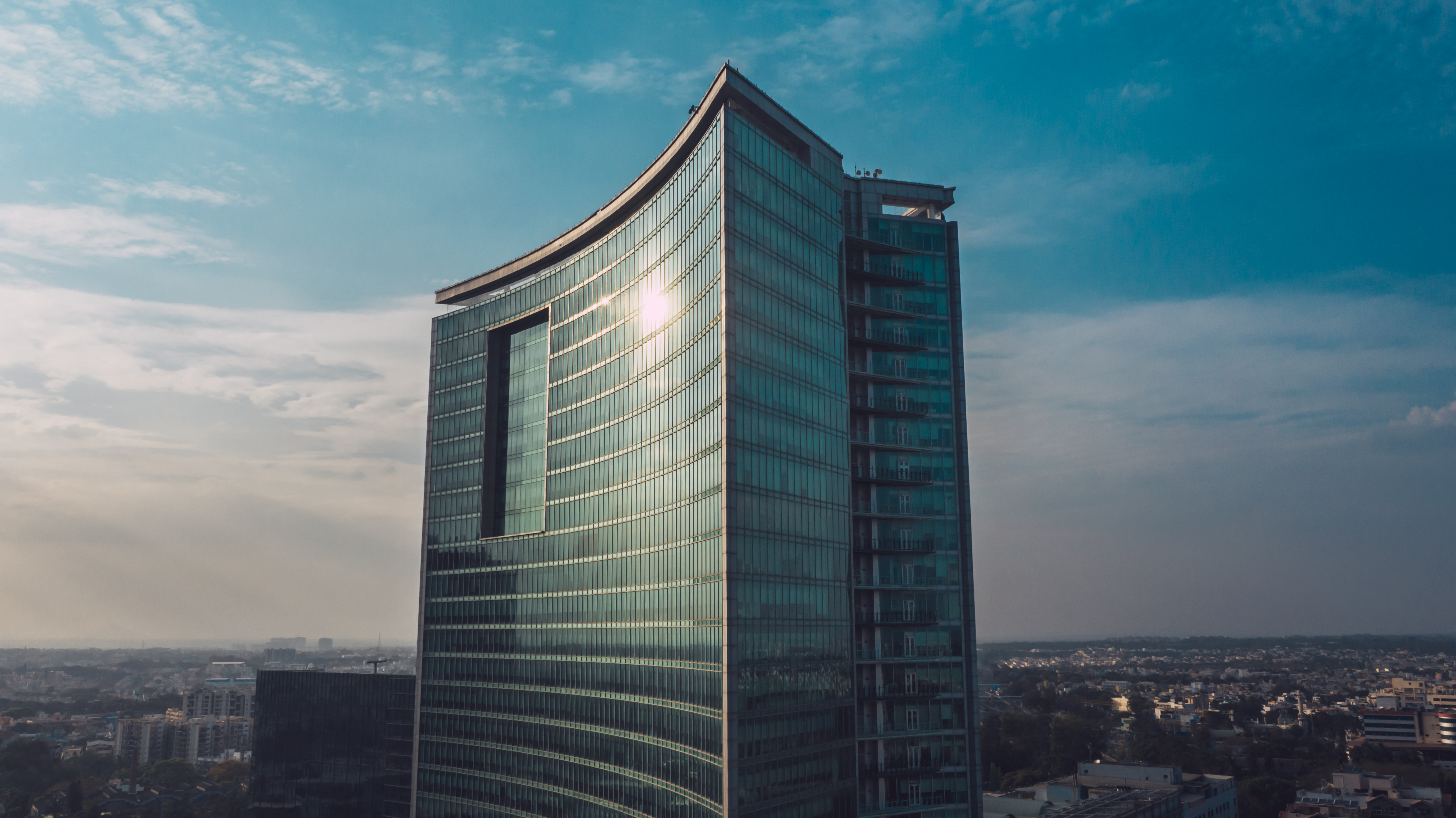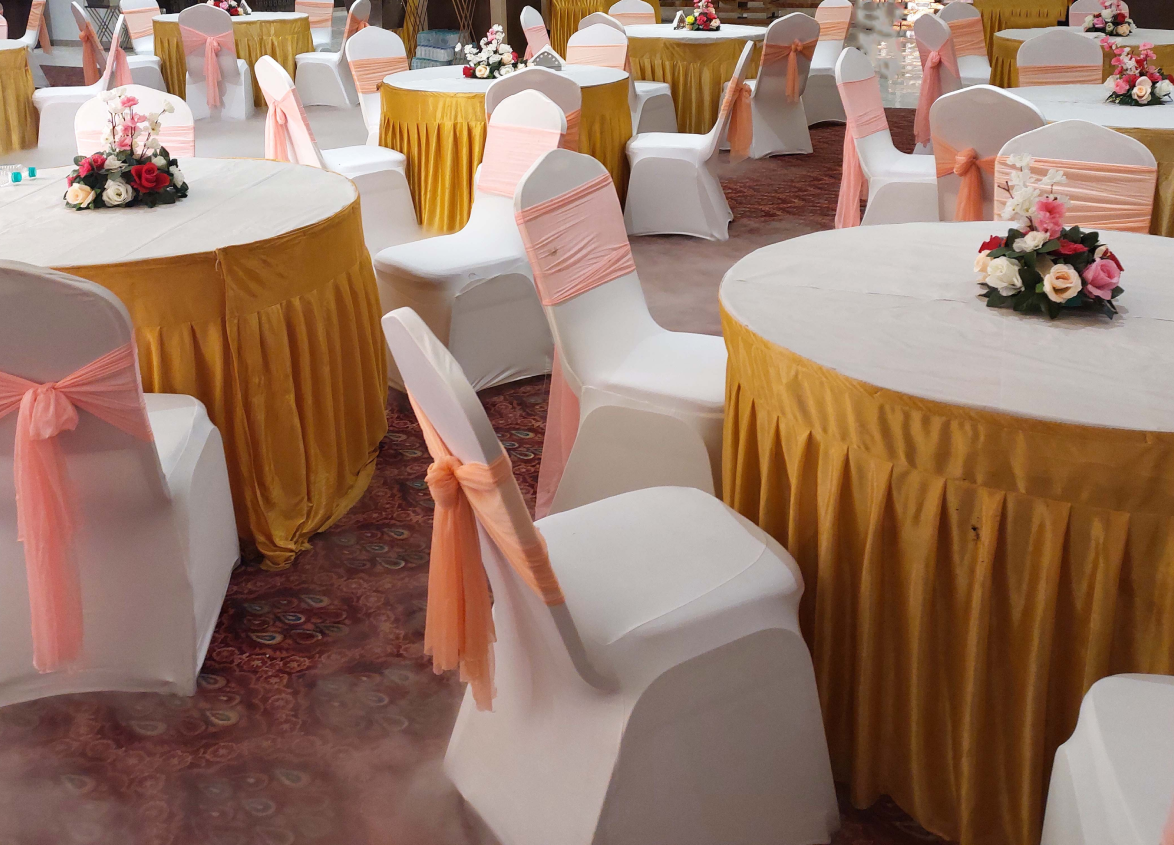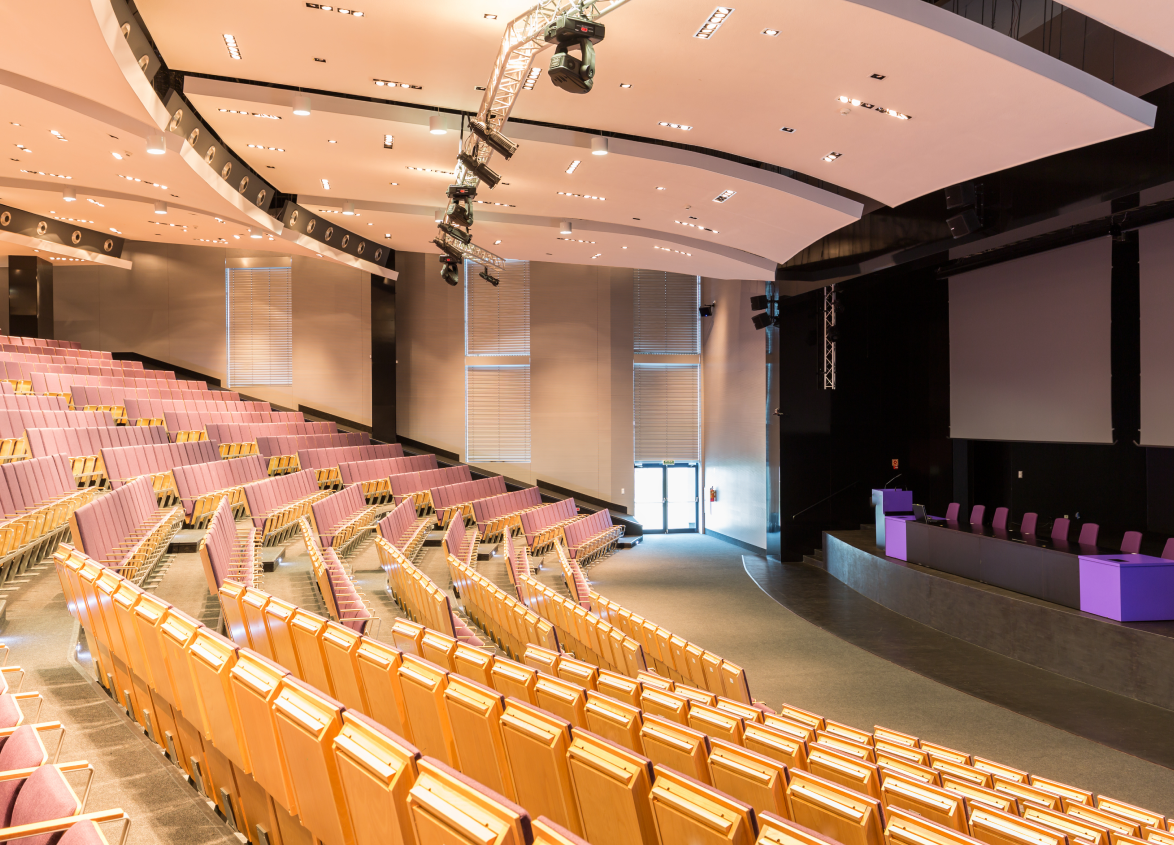
Residential
Sustainable Housing in Mysore: A Step Towards Green Living
May 02, 2025
Mysore is often considered the cultural capital of Karnataka. Over the past few decades, it has undergone massive urban development. This city, famous for its heritage sites, serene landscape and well-planned infrastructure, has reached a point of fast urbanisation.
With the population expansion and growing housing demand, there is an urgent need for sustainable real estate development. Excess energy consumption, depletion of natural water resources and heightened pollution levels have rendered sustainable housing a necessity rather than a choice in the city of Mysore.
Sustainable housing aims to minimise environmental impact, reduce carbon footprints and ensure long-term economic and ecological benefits.
This shift towards eco-conscious residential homes in Mysore involves adopting green technology and a holistic approach involving energy efficiency, water conservation, waste management and smart home innovations.
With a combination of government policies, real estate initiatives and consumer awareness, Mysore is steadily transitioning into a hub of sustainable real estate.
Understanding Sustainable Housing
Sustainable housing refers to residential structures designed to be environmentally friendly, resource-efficient and cost-effective over their lifecycle. It includes construction practices and residential features that lower carbon footprints and reduce energy and water consumption while incorporating green materials.
Sustainability in housing becomes the best option for solving global warming and resource depletion since such houses maintain the equilibrium of nature and are affordable to their respective owners. Several key factors characterise a sustainable house, including energy efficiency, water conservation, eco-friendly materials and smart home technology.
It is crucial to distinguish between individual green homes and fully integrated sustainable housing communities, as both play different roles in the larger scope of urban sustainability.
What Defines a Sustainable House?
A sustainable home strives to attain energy efficiency and environmental considerations. It is built using materials with the least possible impact on natural processes. The core principles of sustainability in housing include:
- Energy Efficiency: Use renewable sources such as solar energy, LED lights and energy-efficient household appliances. Passive solar design, which optimises natural lighting and ventilation, is important in minimising energy consumption.
- Water Conservation: Environmentally sound houses have features such as rainwater harvesting, greywater recycling and low-flow devices to reduce water wastage.
- Eco-Friendly Materials: Bamboo, recycled steel, fly ash bricks and low-VOC paints help mitigate construction's carbon footprint.
- Smart Technology: Integrating IoT-based solutions, smart thermostats and automated lighting systems contributes to enhanced efficiency and reduced wastage.
Difference Between a Green Home and a Sustainable Housing Community
| Aspect | Green Home | Sustainable Housing Community |
|---|---|---|
| Scope | A green home is an individual residential unit with eco-friendly features such as solar panels, energy-efficient appliances and water conservation systems. | A sustainable housing community extends beyond an individual home. It includes an entire neighbourhood or residential complex with large-scale environmental initiatives such as shared solar grids, centralised water recycling and community-driven waste management. |
| Energy Efficiency | It focuses on energy efficiency by installing solar panels, LED lighting and intelligent energy systems that help minimise individual power consumption. | Sustainable housing communities integrate large-scale renewable energy solutions such as wind turbines, shared solar farms and smart grids that distribute energy efficiently among multiple households. |
| Water Conservation | It uses water-saving features such as rainwater harvesting, low-flow plumbing fixtures and greywater recycling for gardening and flushing. | Sustainable communities adopt large-scale water conservation methods, such as centralised rainwater collection, large water recycling plants and community-wide smart irrigation systems. |
| Construction Materials | To minimise environmental impact, use eco-friendly and non-toxic materials such as bamboo, recycled steel and fly ash bricks. | Sustainable housing communities ensure that all homes within the area follow green construction guidelines and use sustainable materials on a large scale to reduce carbon footprints collectively. |
| Waste Management | Incorporates waste segregation at the household level, along with composting for organic waste. | A sustainable community has a structured waste management system, including centralised composting units, efficient waste segregation practices and recycling facilities. |
| Smart Technology | It features smart meters, IoT-based home automation, automated lighting and climate control to optimise energy and resource usage. | In a sustainable community, technology is implemented on a larger scale with interconnected smart grid systems, automated street lighting and community-wide IoT applications for efficient resource management. |
| Green Spaces | It may include rooftop, vertical and personal green spaces to improve air quality and temperature regulation. | A sustainable community incorporates large green spaces, such as communal parks, landscaped areas, and afforestation projects, which contribute to biodiversity and improved air quality. |
| Transportation and Mobility | It may feature electric vehicle (EV) charging points, bicycle-friendly infrastructure and carpooling initiatives to reduce carbon emissions. | Sustainable housing communities promote eco-friendly transportation by providing dedicated cycling lanes, pedestrian-friendly walkways, shared EV charging stations and shuttle services using electric or hybrid vehicles. |
| Social and Environmental Impact | Benefits primarily a single household, making an individual contribution towards sustainability. | Encourages a collective eco-conscious lifestyle by integrating sustainability into everyday community living, benefiting the entire neighbourhood and creating a larger environmental impact. |
The Shift Towards Green Living in Mysore
Mysore’s real estate outlook is evolving towards sustainability due to increasing awareness of environmental issues, growing consumer demand for eco-friendly housing and supportive government policies.
Real estate developers in the city are now incorporating green technology, energy-efficient appliances and eco-conscious architectural designs to create homes that reduce carbon footprints and promote long-term sustainability.
Also Read - A Guide to Real Estate Investment in Mysuru
Government incentives and environmental policies have also significantly accelerated the shift towards sustainable housing in Mysore. Various regulations, such as tax rebates for green buildings and mandatory rainwater harvesting guidelines, have made it easier for developers and homeowners to adopt sustainable practices.
This transition marks a new era where sustainability is no longer an option but a necessity for real estate development in Mysore.
How Mysore’s Real Estate Sector is Integrating Sustainability
The real estate market in Mysore is increasingly recognising the demand for eco-friendly homes. Builders and developers are incorporating green technology and sustainable practices into new projects.
Features such as solar rooftops, insulated walls, energy-efficient windows and landscaped gardens that reduce heat absorption are becoming more common.
The Role of Government Incentives and Environmental Policies
Government initiatives have been pivotal in encouraging sustainable housing in Mysore. Policies such as tax incentives for green buildings, mandatory rainwater harvesting regulations and additional Floor Area Ratio (FAR) benefits for LEED and GRIHA-certified buildings promote the adoption of sustainability.
Mysuru City Corporation (MCC) has also introduced stringent guidelines for waste management and energy conservation, making it easier for developers to align with green building norms.
Core Elements of Sustainable Housing
Sustainable housing encompasses several essential components contributing to its long-term viability and eco-friendliness. These elements focus on minimising waste, reducing energy consumption and maximising resource efficiency.
Builders and developers in Mysore are incorporating these core elements to make housing projects more sustainable and environmentally responsible.
Some of the most critical aspects of sustainable housing include using eco-friendly construction materials, energy-efficient solutions such as solar panels and smart grids, water conservation techniques like rainwater harvesting and greywater recycling, comprehensive waste management systems and smart home automation for optimised energy use.
These elements collectively contribute to the larger goal of creating eco-friendly homes in Mysore.
Eco-Friendly Construction Materials
- Bamboo: A highly sustainable alternative to traditional timber, bamboo grows rapidly and has a low carbon footprint.
- Recycled Steel: Using recycled steel reduces the need for new production, conserving resources.
- Fly Ash Bricks: These are made from industrial waste and offer better insulation than conventional bricks.
- Low-VOC Paints: These paints emit fewer pollutants, improving indoor air quality and reducing environmental damage.
Energy Efficiency
- Solar Panels: Harnessing solar energy reduces dependence on fossil fuels and decreases electricity bills.
- Smart Grids: These ensure better energy distribution and prevent wastage.
- Passive Cooling Techniques: Features like ventilated roofs, strategically placed windows and shading devices reduce reliance on air conditioning.
Water Conservation
- Rainwater Harvesting: Collecting and storing rainwater helps reduce dependency on groundwater sources.
- Greywater Recycling: Reusing water from sinks and showers for irrigation and flushing conserves fresh water.
- Smart Irrigation: Sensor-based irrigation systems optimise water usage in gardens and landscapes.
Waste Management
- Composting: Organic waste is converted into fertiliser, reducing landfill waste.
- Sustainable Waste Disposal: Communities adopting decentralised waste management systems ensure proper segregation and recycling.
Smart Homes and Automation
IoT-based technologies like bright lighting, automated water controls and real-time energy monitoring systems help homeowners track and optimise resource consumption.
Sustainable Housing Communities: A Growing Trend
With rising awareness about sustainability and the benefits of green living, sustainable housing communities are becoming increasingly popular in Mysore. Unlike individual green homes, these communities integrate sustainability at a larger scale by incorporating shared resources, eco-conscious planning and innovative urban design.
Several housing projects in Mysore are now focusing on creating green homes in Mysore, where sustainability is embedded into the community’s infrastructure. These developments include energy-efficient buildings, communal gardens, rainwater harvesting systems and waste segregation units.
As more residents seek eco-friendly lifestyles, sustainable housing communities are expected to dominate Mysore’s real estate sector.
Economic and Environmental Benefits of Sustainable Housing
Investing in sustainable real estate, Mysore contributes to environmental preservation and offers significant economic benefits for homeowners and developers. While the initial costs of sustainable housing may be slightly higher, the long-term financial savings from reduced energy and water bills make it a cost-effective choice.
In addition to financial benefits, sustainable housing positively impacts Mysore’s ecosystem by lowering carbon emissions, conserving natural resources and improving air and water quality. Sustainable homes also promote healthier living conditions by reducing exposure to harmful chemicals and pollutants.
As a result, the demand for eco-conscious homes in Mysore continues to grow, making sustainability a key factor in the city’s real estate sector.
Long-Term Cost Reduction
Though initial investments may be higher, sustainable homes have significantly lower operational costs through reduced electricity and water bills.
Positive Environmental Impact
Sustainable housing reduces carbon emissions, conserves natural resources and promotes healthier living spaces, benefiting residents and the ecosystem.
Challenges in Adopting Sustainable Housing in Mysore
Despite the many benefits of sustainable housing in Mysore, several challenges hinder its widespread adoption. Some of the key obstacles are high initial costs, lack of awareness among homebuyers and developers and insufficient government incentives.
Limited infrastructure and regulatory frameworks challenge implementing large-scale sustainability initiatives in real estate projects. However, overcoming these challenges is possible through strategic planning, policy enhancements and mindset shifts among real estate stakeholders.
By addressing cost concerns, increasing awareness and improving infrastructure, Mysore can accelerate the transition towards sustainable housing and make green living accessible to a broader population.
Cost vs. Savings
While the initial setup costs may be high, practical strategies such as government subsidies and bulk material procurement can help offset expenses.
Mindset Shift
Developers and buyers must be educated on the long-term benefits of sustainable real estate in Mysore, shifting perspectives from short-term investments to long-term gains.
Policy and Infrastructure Needs
Effective implementation of green building regulations, better public infrastructure and incentives for green projects are crucial for a smoother transition towards sustainability.
Future of Sustainable Housing in Mysore
The future of sustainable real estate in Mysore looks promising, with rapid advancements in green technology and increased consumer demand for environmentally friendly homes. Innovative solutions such as green roofs, net-zero energy homes and sustainable townships are expected to redefine the housing sector in Mysore.
As Mysore continues to grow as a model city for sustainability, real estate developers, policymakers and homeowners must work together to implement and scale up sustainable housing practices. By adopting cutting-edge technologies and fostering a culture of eco-conscious living, Mysore can become a leader in sustainable urban development.
Innovations to Watch
- Green Roofs: Rooftop gardens that enhance insulation and biodiversity.
- Net-Zero Homes: Houses that generate as much energy as they consume.
- Sustainable Townships: Integrated townships incorporating renewable energy, waste recycling and sustainable transport solutions.
Mysore as a Model City for Sustainability
Mysore could be a role model for sustainable urban development in India. The city's structured urban planning and its growing emphasis on green architecture make it a prime candidate for leading the way in sustainable real estate in Mysore.
With proactive government policies, citizen participation and eco-conscious real estate developers, Mysore is setting a benchmark for other cities.
How Homebuyers Can Make the Shift
Making informed decisions is crucial for homebuyers investing in eco-friendly homes in Mysore. Choosing a sustainable home involves evaluating factors such as energy efficiency, water conservation features and eco-friendly materials.
Additionally, homebuyers should look for green certifications, such as LEED and GRIHA, which indicate compliance with sustainability standards. By prioritising sustainability in their housing choices, homebuyers can contribute to Mysore’s green movement while enjoying the long-term benefits of lower utility costs and healthier living environments.
The shift towards sustainable homes in Mysore is not just an investment in property but an investment in a better future.
Tips for Choosing a Sustainable Home
- Check for energy-efficient features such as solar panels and insulated windows.
- Verify water conservation measures like rainwater harvesting.
- Opt for homes built with eco-friendly materials.
Key Certifications to Look For
- LEED (Leadership in Energy and Environmental Design)
- GRIHA (Green Rating for Integrated Habitat Assessment)
- IGBC Green Homes Certification
Conclusion
The transition towards sustainable housing in Mysore is essential for the city's long-term environmental and economic well-being. With increasing urbanisation, embracing sustainable practices in real estate development is more important than ever.
Through collaborative efforts between government authorities, developers and homebuyers, Mysore can establish itself as a leader in sustainable real estate. By making eco-conscious housing choices, residents can contribute to a healthier environment and create a legacy of sustainability for future generations.
The movement towards eco-conscious homes in Mysore is not just a passing trend but a necessary step towards a greener, more resilient urban landscape.
MUST READ
Looking for something specific?
We'd be delighted to help you.

